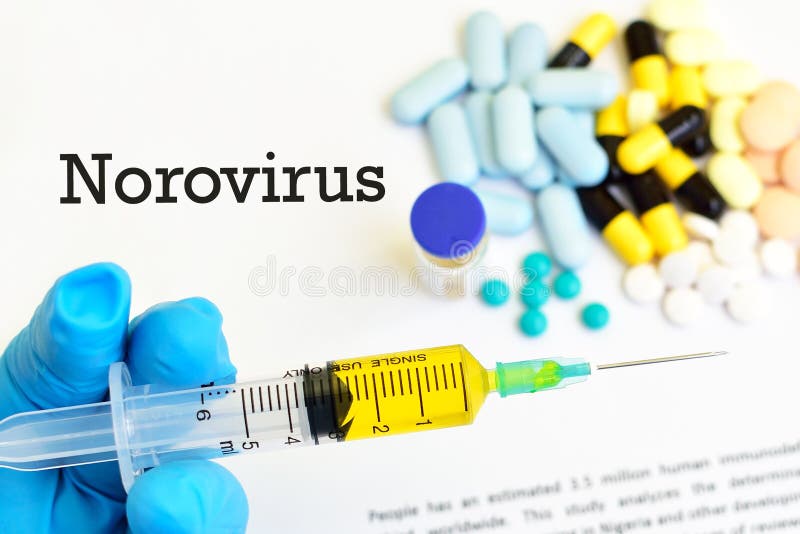Norovirus flu stomach treatment guide symptoms prevention period virus complete incubation contagious norwalk infographic care medical hand healthresearchfunding health stay
The Complete Guide to Norovirus Prevention and Treatment
The Importance of Norovirus Prevention
Norovirus is a highly contagious virus that causes stomach and intestinal inflammation, leading to symptoms such as nausea, vomiting, diarrhea, and stomach cramping. It can spread rapidly in close quarters, such as schools, nursing homes, and cruise ships.
Preventing Norovirus Infection
Preventing the spread of norovirus starts with good personal hygiene. Proper handwashing with soap and water is essential, especially after using the bathroom and before handling food. It is also important to clean and disinfect contaminated surfaces regularly.
Treating Norovirus Symptoms
When it comes to treating norovirus symptoms, there are several options available. Over-the-counter medications can help alleviate nausea and stomach cramping. It is important to stay hydrated by drinking plenty of fluids, such as water, electrolyte solutions, and clear broths. Avoiding solid foods until symptoms subside is recommended.

Medical Treatments for Norovirus
In severe cases, medical treatment may be necessary. Antiemetic medications can be prescribed to alleviate severe nausea and vomiting. Intravenous fluids may be administered to ensure hydration in patients who are unable to tolerate oral fluids. Rest and isolation are crucial to prevent the virus from spreading to others.
Recipe for Norovirus Prevention
Ingredients:
- Soap and water
- Hand sanitizer with at least 60% alcohol
- Disinfectant wipes or solution
- Over-the-counter antiemetic medication
- Electrolyte solutions
- Clear broths
Instructions:
- Wash your hands regularly with soap and water for at least 20 seconds.
- Use hand sanitizer when soap and water are not available.
- Clean and disinfect contaminated surfaces with disinfectant wipes or solution.
- Take over-the-counter antiemetic medication as directed for nausea and stomach cramping.
- Stay hydrated by drinking electrolyte solutions and clear broths.
- Avoid solid foods until symptoms subside.
Remember, preventing norovirus is crucial to protect yourself and others from this highly contagious illness. By following proper hygiene practices and seeking medical treatment when necessary, you can help minimize the spread of norovirus and ensure a swift recovery.